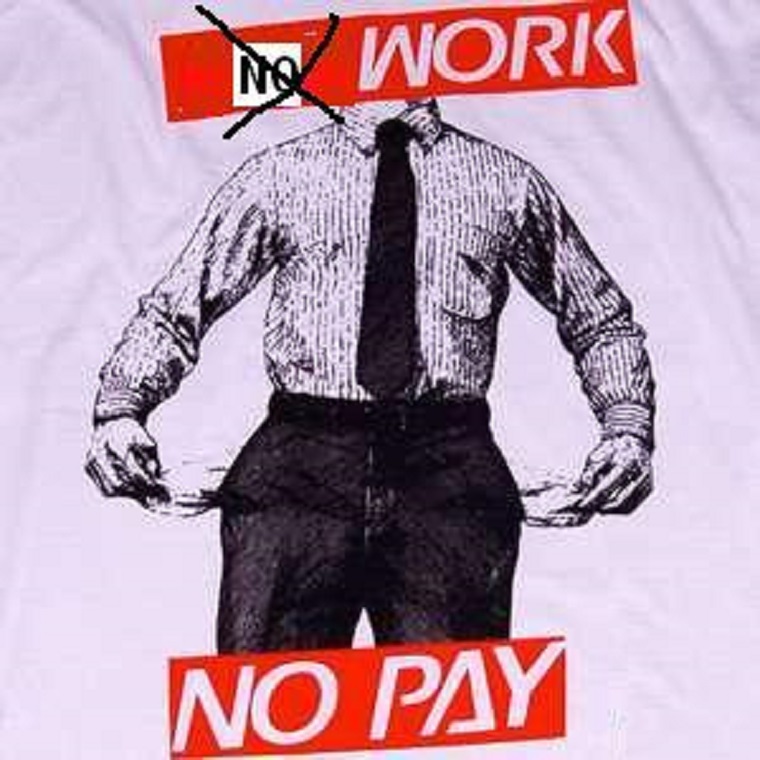 Zimbabwe, which has been rocked by strikes and threats of strikes since it introduced austerity measures in October last year, has sent a strong message to civil servants that go on strike-they will not be paid for the days that they are not at work.
Zimbabwe, which has been rocked by strikes and threats of strikes since it introduced austerity measures in October last year, has sent a strong message to civil servants that go on strike-they will not be paid for the days that they are not at work.
The first group to be hit are junior doctors who went on a 40-day strike from 1 December demanding a number of issues including that they should be paid in United States dollars.
The government refused to budge on payment in US dollars. It promised to meet some of the conditions the doctors demanded but the doctors returned to work after some consultants threatened to end their careers.
One consultant is reported in the local media to have told the junior doctors: “The cost of living (allowance) is coming in March. It is coming, they have promised. Consider what is there on the table and take. If you continue, if the consultant says fire them, you will come back to zero, remember, you are not yet registered with the Medical Council. If you get fired, no matter what you want to do, you will never go anywhere. You have wasted your six years of training. I am pleading with you, suffer for a while.”
Now the Health Services Board says the doctors will not be paid for the time they were not at work.
According to the Daily News, the HSB said: “Although we asked SSB to full pay for their salaries this month, I think it is only fair that people get paid for the work they do, no work no pay.
“We however, negotiated and said they could borrow money about $500 to $1 000, from a health fund which they will return progressively.
“We also told the doctors that they could also take their off days and turn them to monetary terms in order for them to get paid because no business pays employees that were not at work.”
The refusal to pay doctors, a critical sector in the country, is meant to send a strong message to other civil servants.
Zimbabwe has an acute shortage of doctors with one doctor to 250 000 people when the ideal situation should be three doctors to 1 000 people.
On the other hand, Zimbabwe has too many civil servants and is carrying out a biometric registration of all civil servants to get rid of ghost workers and also ultimately to decide who should go and who should stay.
It has already laid off more than 3 000 youth officers. At one time reports said Zimbabwe had as many as 75 000 ghost workers.
Civil servants have been threatening to go on strike after demanding a minimum salary of $1 700, more than four times the current minimum.
The government said it could not meet that kind of salary but offered civil servants a cost of living adjustment.
Teachers have, however, said they are going on strike from next week.
The Apex Council an umbrella organisation for 16 organisations that represent civil servants says it has called off any strike action preferring to negotiate with the government.
“Whoever wants to go on strike, can go,” the chair of the Apex Council Cecilia Alexander said. “There are some making noise who think what they want is what must happen, but it doesn’t work like that. This is a game of consensus? Every union has a right to go on strike. Those who want to go on strike must not hide behind the Apex Council, if they want to go, they can go. But they must not drag those that do not want to.”
See also: My job is to lead the country where it ought to go not where Individuals want- Mnangagwa
(207 VIEWS)


